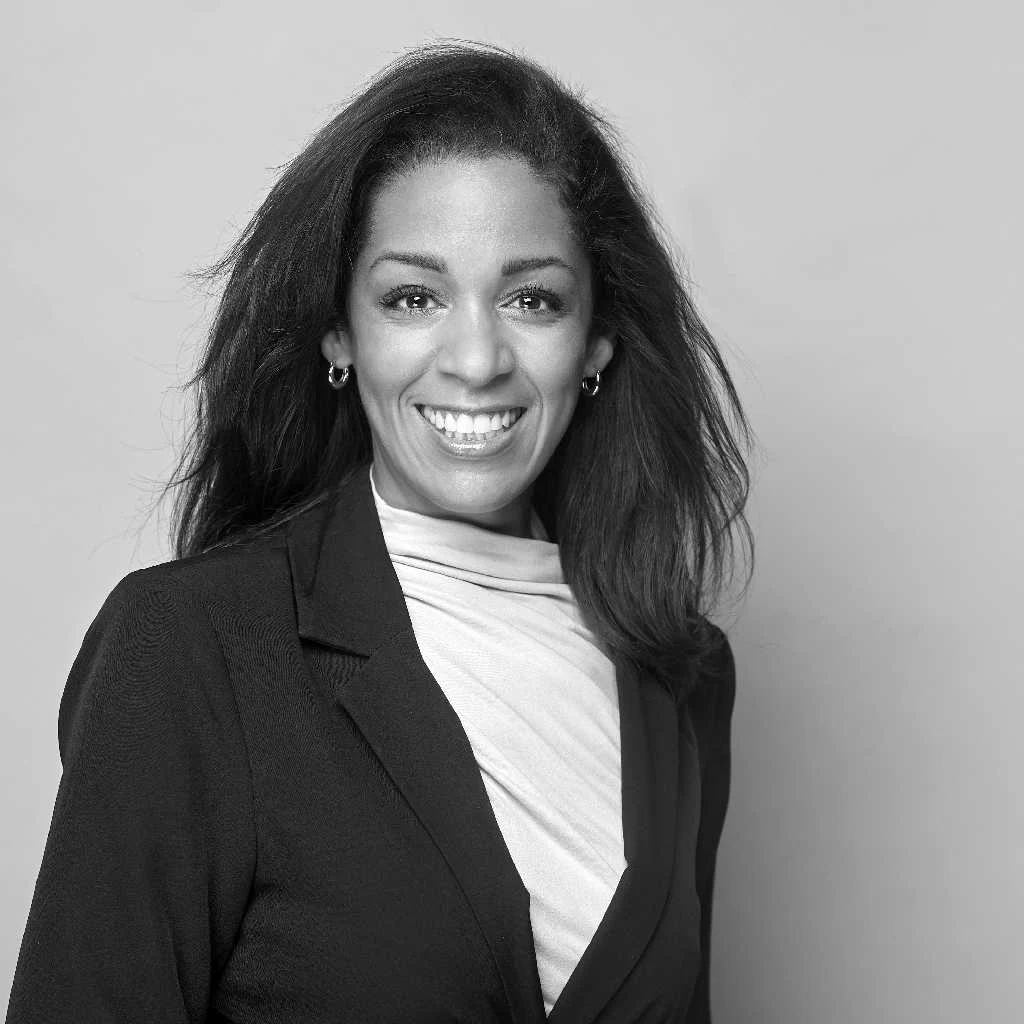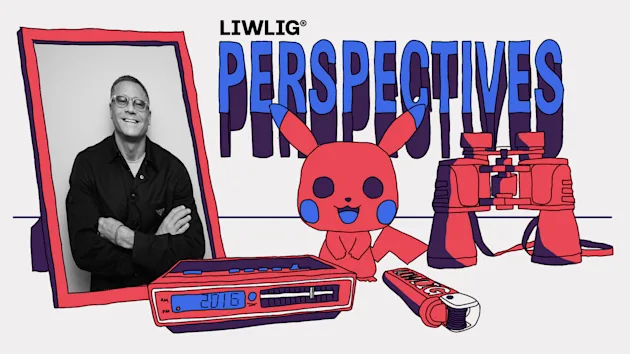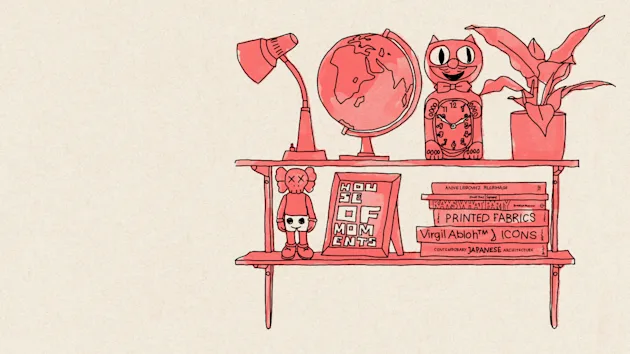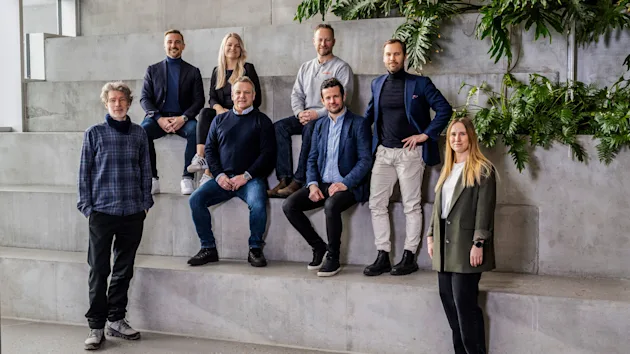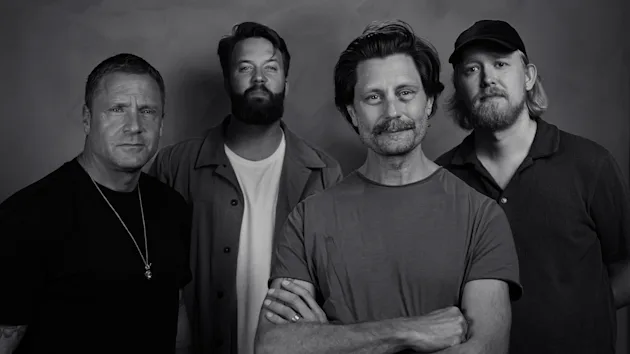We are all there, some more and some less. We smile, and with a fake happy and high-pitched voice, we say that yes to our counterpart even though our entire insides are screaming no. Especially during the holiday season, the time with the most pressure and stress, it's almost unavoidable not to drown in all the must-dos or external expectations, only to crash into a new year filled with temporary motivation to do something a little different. We laugh about it among colleagues when we're back at work and heave a sigh of relief because this must be "normal"; everyone experiences it, right? But something doesn't sit right. Why do we say "yes" to so much that goes against our beliefs and values?
Brené Brown, the researcher and author specializing in shame and courage, describes how she had a tendency to let external expectations dictate her life. With a smile on her face, she would say yes to commitments that others expected of her. Decisions that, in the short term, relieved the discomfort of having to say no and thus valued herself more, but, in the long run, drained and created contempt for the surroundings, closely followed by a feeling of inadequacy. Today, she has a stress ring that she spins three times before answering a question or addressing an expectation. A pause button in her daily life to evaluate what she truly wants, calculate the consequences, and give a hint of time to introspect. To gather the courage to live according to her values and life goals.
The discomfort irritates, but it needs to settle. We have reactions based on our past experiences and lessons. Continuously overriding our own reactions, whether it's about the Christmas hustle or all the extra tasks that "end up" on our plate at work, requires us to make a decision to act from a place that aligns with our inner selves. When did it become acceptable to be unkind to oneself? Awareness of our reactions is crucial to know which ones to challenge and which ones to truly listen to. It's when the self is strong, when there is energy, when we can deeply examine our lives and laugh with gratitude that we can turn to the surroundings and share from our abundance. It's not for nothing that the oxygen mask is supposed to be put on your own face first. Isn't that genuine care? To live authentically so that we endure?
Living authentically meant, for the Danish philosopher and author Søren Kierkegaard, choosing one's own values and beliefs independently of external pressures or societal norms. Equally relevant today as in the 19th century. He called it "self-existence." We exist when we live in line with our core. It's not selfish to live according to our own beliefs. To make that happen, it's essential to set boundaries for the surroundings.
So instead of soothing a deep inner discomfort with a placebo New Year's resolution, like blowing on a forest fire hoping it will extinguish, I will continue my tradition of listening inwardly and honestly answering which moments have left a feeling of contentment and also identifying what I need and want to do less of. Continue searching for my true will to sustain it.
As the new year arrives, a moment of reflection sets in. My New Year's resolution will not be an ambitious goal but a simple yet profound commitment: To listen inwardly and honestly answer life's questions. I promise to pause – to use my internal stress ring – and weigh my answers so that they reflect my true will. I will dare to say no to be able to wholeheartedly say yes to what truly enriches my life. This promise of authenticity and self-care is my path to a new year with deeper meaning and happiness that hopefully also influences my surroundings for the better.
